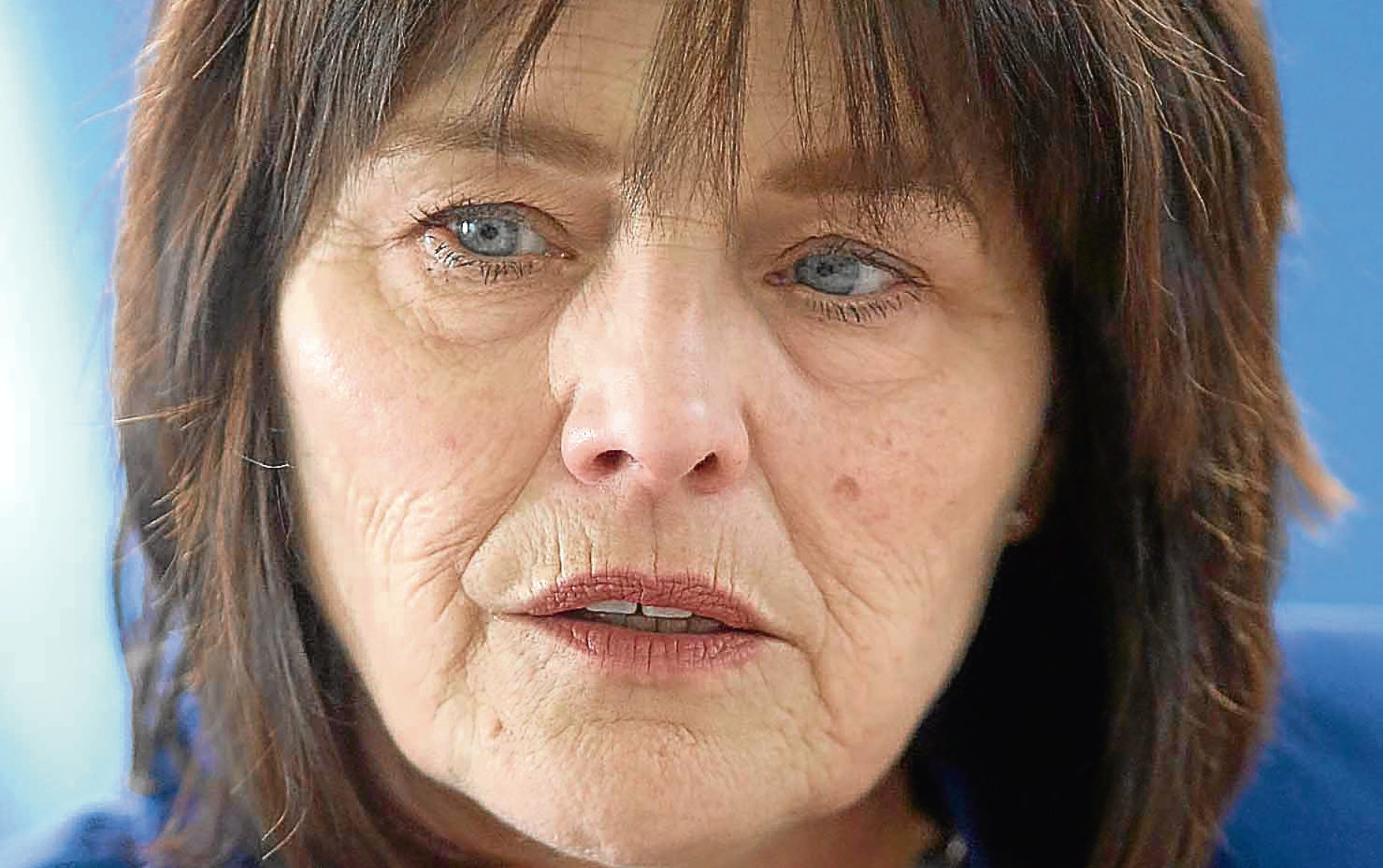
WHEN you are waiting to die, should you also wait for welfare benefits to kick in?
And when the clock is ticking should you have to fight for financial help when all you should be fighting for is just a better end to your life?
These are some of the most fundamental questions that our parliamentarians have been wrestling with as they put the stamp of approval on how Scotland’s new social security system will diverge from that down south as 11 benefits, including disability benefit and Personal Independence Payments (PIP), are devolved.
That the UK benefits system is broken is not up for debate. A raft of so-called welfare reforms, including the fiasco surrounding introduction of Universal Credit, have created untold hardship.
In Scotland, the number of Scottish claimants who have found themselves impoverished because of sanctions imposed, often without consistency or credibility, is a disgrace.
And when food banks have become an almost institutionalised public service in one of the richest economies in the world, it is a scandal.
Our newspapers are filled with horror stories about the disabled suddenly declared fit to work, of the terminally ill struggling to make ends meet and of claimants so desperate that suicide becomes an answer.
So, any transfer of welfare powers to Scotland is welcome but with just a fraction of them coming north, and with some claimants inevitably falling between both the Department of Work and Pensions and the newly created, Social Security Scotland, there is the potential to make an already complicated system more complicated.
Scotland’s social security minister, Jeane Freeman, has approached the complex process with focus, care and inclusivity.
And while there have been many difficult questions to address, the question of when to pay terminally ill people benefits has got to the very core of what social security should be about – meeting real need with humanity.
The current UK benefit system immediately fast-tracks a claimant who has six months to live. It rightly removes delays but that timescale means many people, like those with Motor Neurone’s Disease (MND), fall through the net and must deal, not only with the fact that they are dying, but that they are not dying quickly enough.
Freeman had the opportunity to rethink some of the established rationale behind this and of the other benefits that make up the 15% of the UK’s current social security spend that will be devolved to Scotland.
She listened to the people who know best – medical professionals – not politicians, which means in Scotland, once the powers are here, anyone given that heart-breaking diagnosis will no longer have any timescale imposed on them being fast-tracked for benefits.
It was an historic day in the Scottish Parliament as the Social Security Bill passed.
An opportunity to do things differently.

Enjoy the convenience of having The Sunday Post delivered as a digital ePaper straight to your smartphone, tablet or computer.
Subscribe for only £5.49 a month and enjoy all the benefits of the printed paper as a digital replica.
Subscribe